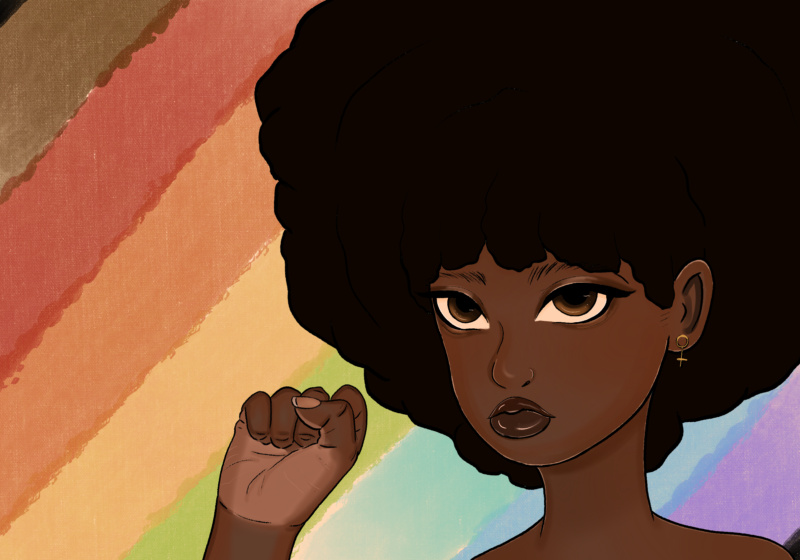“‘Black Feminism Unfinished?’ More like ‘Black Feminism Unhinged,’” is what Professor Jeffrey McCune, the director of the Frederick Douglass Institute for African and African-American Studies, jokingly said at the event kickoff before correcting himself. On Friday, Sept. 23, I had the privilege of attending a speaker panel on the significance of the intersection between Black studies with feminism. After opening remarks by Provost David Figlio and Dean Gloria Culver, McCune mentioned plans for developing a new Black Feminism cluster.
“We have nothing to lose but our chains, our studies, our future,” McCune stressed. “It is the cause of Black feminism, dare I say, that we have a critical lens to unpack the way in which White supremacy perpetually enacts violence through the intersection.” The keynote panel, which explored diverse movements and protests led by Black feminists across the globe, was introduced by Reenah Golden, who works for the community Avenue BlackBox theater and has been a prominent member of the performing arts scene for over 20 years.
The first speaker, Erica Williams from Spelman College, started with a story set in Brazil. She recounted a “march of denouncing” led by and for domestic women, hip-hop women, lesbians, and women who didn’t fit into the conventional stereotype, a march against social norms and abused power. Williams also told of the Marcha das Mulheres Negras held in Salvador in 2019. “Bem viver,” or good living, is the living and breathing soul behind the two marches Williams narrated, referring to the right to dignity and a healthy environment — one that Williams hopes to turn into a new “civilization pact” for women all around the world. “What do we need to live well?” Williams demanded.
Stefanie Dunning from Miami University-Ohio takes us along on an extraterrestrial journey into another realm where Black feminism reigns. Sharing an excerpt of her larger work in progress and weaving in references to the 2020 drama P-Valley, a tale following characters in a popular Mississippi strip club, she continues the conversation in a more abstract and interdisciplinary direction. “Space is a way of talking about relationships between bodies, and not an objective elsewhere,” Dunning said. Developing a space where feminist and anti-racist notions prevail, Dunning is currently working on building bridges between Brazilian and American Black feminists to ensure two-way communication between the parties. Feminists around the world often solely turn to their American counterparts for inspiration, Dunning explained, but it is about time that we draw inspiration from feminists globally.
Concluding the panel, Dora Silva Santana, a self-taught polyglot and gender studies professor at John Jay College-CUNY, explored Black feminism’s intersection with her lifelong passion — language. Her talk, titled, “A translinguistic legacy of reaching higher and other grammars of accessible futures,” urged the necessity of feminism through language to counter sexist exploitation. The highlight of Santana’s speech was her demonstration of Brazilian Sign Language (BSL). Analyzing a BSL performance of the Brazilian national anthem, she observed how the sign for Brazil required wave-like hand motions above one’s head instead of in front of one’s face, which she believed not only corresponded to the higher pitch sung at that moment but also paralleled the Black feminist gaze, reaching upwards past the the patriarchy towards better things. Quoting her personal inspiration, Santana declares that “we live by reaching in spaces, beyond what is imagined for us.”





